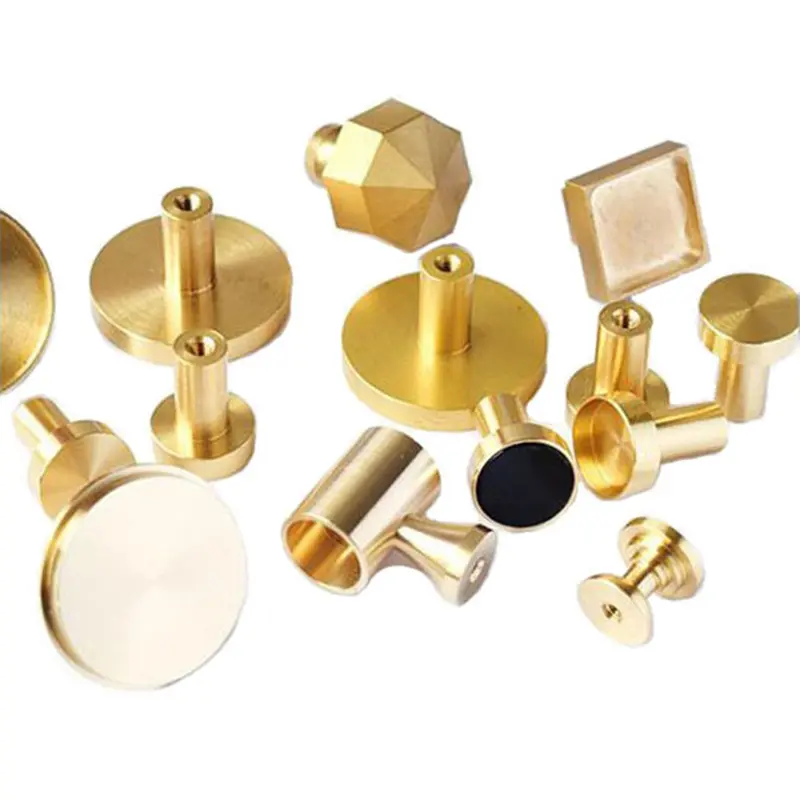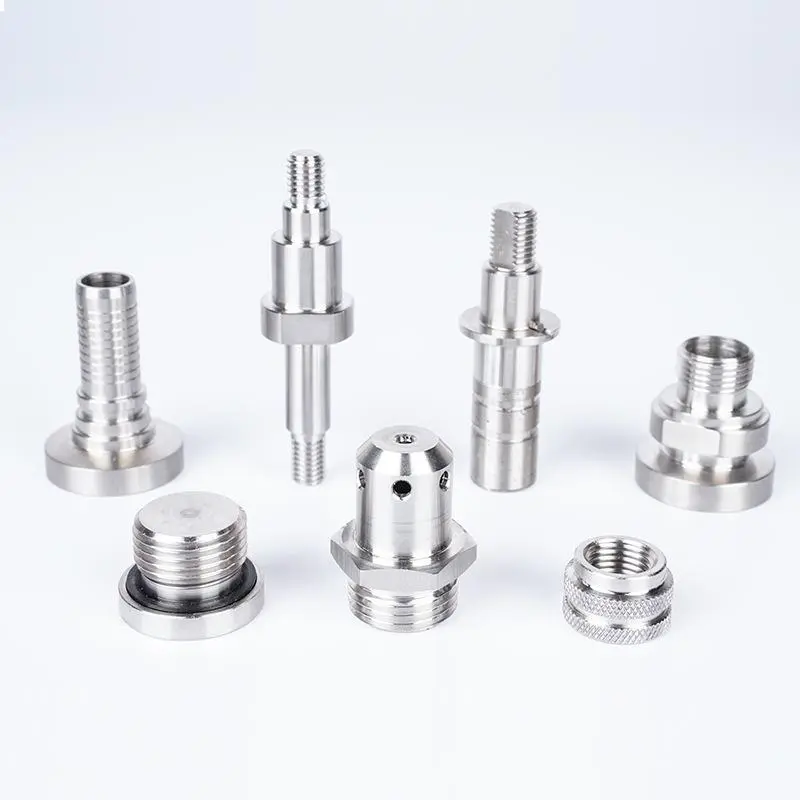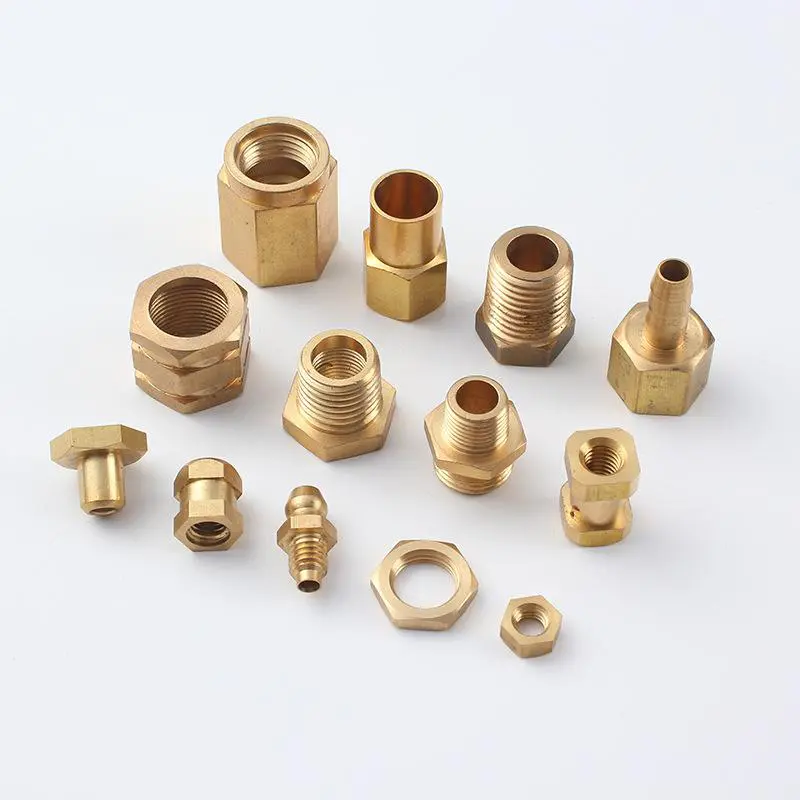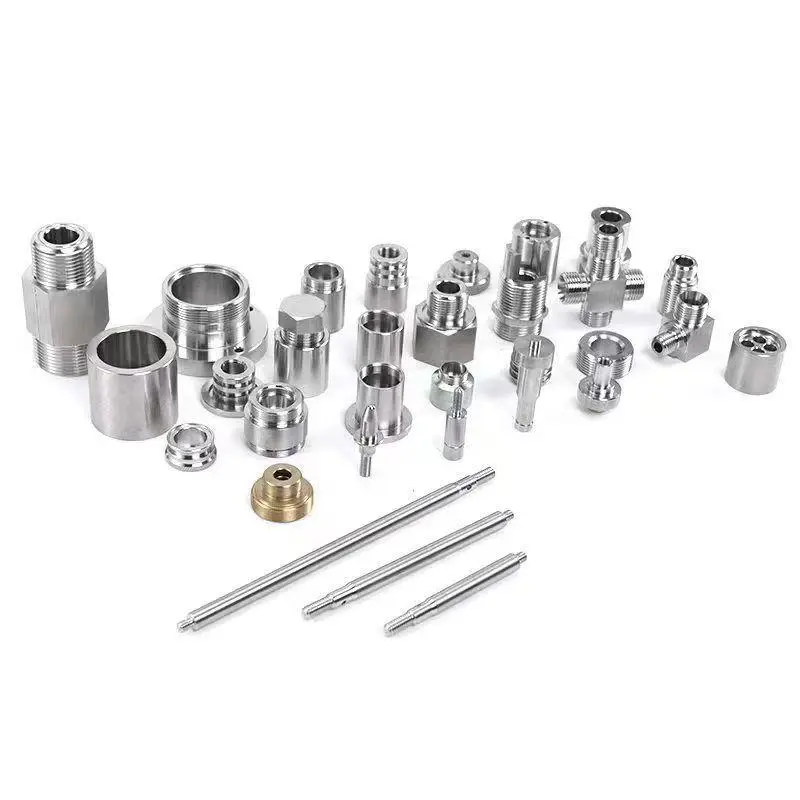Mastering Precision Parts: A Comprehensive Guide for Manufacturing Professionals
Published Time:
2025-10-01
Precision parts play a crucial role in the manufacturing and machining sectors, especially within the realm of mechanical hardware processing and component fabrication. These parts are designed with meticulous attention to detail, ensuring they meet stringent specifications for size, shape, and functionality. Understanding the significance of precision parts can help professionals optimize their manufacturing processes and enhance the overall quality of their products.
In the context of machining and fabrication, precision parts are often characterized by tight tolerances and exceptional surface finishes. Achieving these requirements necessitates the use of advanced machining techniques and high-quality materials. For instance, CNC (Computer Numerical Control) machining is widely adopted for its ability to produce components with remarkable accuracy. By programming the machining process, manufacturers can create complex geometries that would be challenging to achieve through traditional methods.
One of the primary benefits of utilizing precision parts is the improvement in product performance. Components that are manufactured with high precision allow for better fit and function within assembled products. This is particularly important in industries such as aerospace, automotive, and medical devices, where even minor deviations can lead to significant failures or inefficiencies.
Moreover, precision parts contribute to enhanced operational efficiency. When components are produced to exact specifications, assembly times can be reduced, and the likelihood of rework or scrap is minimized. This leads to a more streamlined production process, ultimately resulting in cost savings and improved profitability for manufacturers.
Another key aspect of precision parts in the manufacturing industry is their impact on supply chain management. By ensuring that each part meets precise specifications, manufacturers can minimize delays in production and reduce the risk of supply chain disruptions. This reliability is crucial for maintaining competitive advantage and fulfilling customer demands promptly.
Furthermore, the selection of the right materials for precision parts is critical. Various factors, such as mechanical properties, corrosion resistance, and weight, should be considered when choosing materials. Common materials for precision components include stainless steel, aluminum, and various alloys, each offering unique benefits that cater to specific applications.
Lastly, ongoing advancements in technology and manufacturing processes are continuously reshaping the landscape of precision parts. Innovations such as additive manufacturing (3D printing) and improved quality control systems are enhancing the capabilities of manufacturers to produce high-quality precision parts more efficiently.
In conclusion, understanding the significance of precision parts is essential for manufacturing professionals. By prioritizing precision in machining and component fabrication, businesses can improve product quality, operational efficiency, and supply chain reliability. Embracing advancements in technology and selecting suitable materials will further empower manufacturers to excel in delivering precision components that meet evolving market demands.
In the context of machining and fabrication, precision parts are often characterized by tight tolerances and exceptional surface finishes. Achieving these requirements necessitates the use of advanced machining techniques and high-quality materials. For instance, CNC (Computer Numerical Control) machining is widely adopted for its ability to produce components with remarkable accuracy. By programming the machining process, manufacturers can create complex geometries that would be challenging to achieve through traditional methods.
One of the primary benefits of utilizing precision parts is the improvement in product performance. Components that are manufactured with high precision allow for better fit and function within assembled products. This is particularly important in industries such as aerospace, automotive, and medical devices, where even minor deviations can lead to significant failures or inefficiencies.
Moreover, precision parts contribute to enhanced operational efficiency. When components are produced to exact specifications, assembly times can be reduced, and the likelihood of rework or scrap is minimized. This leads to a more streamlined production process, ultimately resulting in cost savings and improved profitability for manufacturers.
Another key aspect of precision parts in the manufacturing industry is their impact on supply chain management. By ensuring that each part meets precise specifications, manufacturers can minimize delays in production and reduce the risk of supply chain disruptions. This reliability is crucial for maintaining competitive advantage and fulfilling customer demands promptly.
Furthermore, the selection of the right materials for precision parts is critical. Various factors, such as mechanical properties, corrosion resistance, and weight, should be considered when choosing materials. Common materials for precision components include stainless steel, aluminum, and various alloys, each offering unique benefits that cater to specific applications.
Lastly, ongoing advancements in technology and manufacturing processes are continuously reshaping the landscape of precision parts. Innovations such as additive manufacturing (3D printing) and improved quality control systems are enhancing the capabilities of manufacturers to produce high-quality precision parts more efficiently.
In conclusion, understanding the significance of precision parts is essential for manufacturing professionals. By prioritizing precision in machining and component fabrication, businesses can improve product quality, operational efficiency, and supply chain reliability. Embracing advancements in technology and selecting suitable materials will further empower manufacturers to excel in delivering precision components that meet evolving market demands.
Previous Page
Previous Page
NewsCenter
Beijing Pafinal Precision Machinery Co., Ltd.
Email:sales@pafinal.com

Address: No. 239 Huanhe South Road, Tianjin Pilot Free Trade Zone (Airport Economic Zone), Tianjin
中企跨境-全域组件
制作前进入CSS配置样式
sales@pafinal.com:
Whatsapp:
在线客服添加返回顶部
图片alt标题设置: PAFINAL
表单验证提示文本: Content cannot be empty!
循环体没有内容时: Sorry,no matching items were found.
CSS / JS 文件放置地




 2025-10-01
2025-10-01


